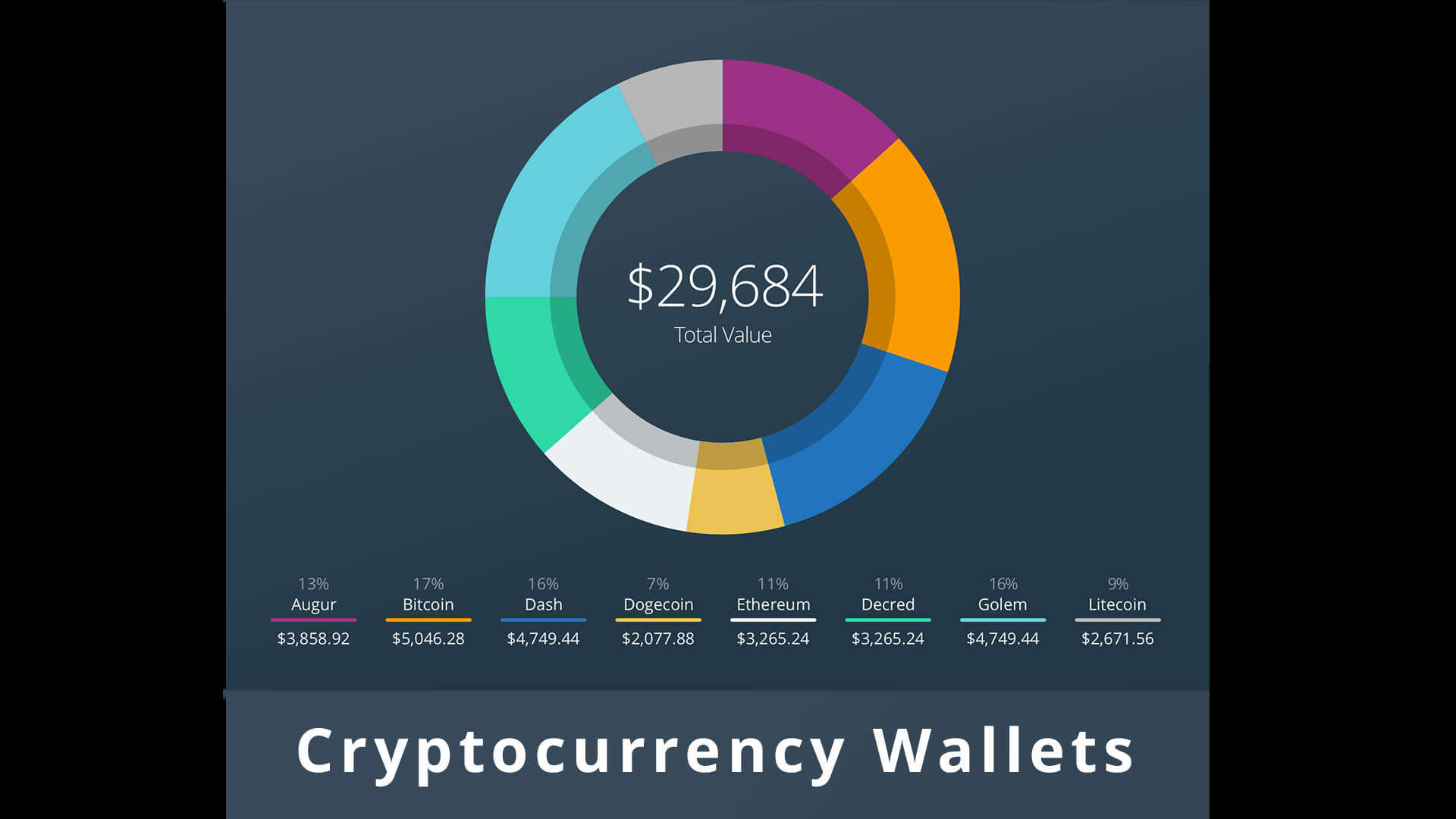Cryptocurrency wallet
A cryptocurrency wallet is a software program that stores private and public keys and interacts with various blockchain to enable users to send and receive digital currency and monitor their balance. If you want to use Bitcoin or any other cryptocurrency, you will need to have a digital wallet
Millions of people use cryptocurrency wallets, but there is a considerable misunderstanding about how they work. Unlike traditional ‘pocket’ wallets, digital wallets don’t store currency. In fact, currencies don’t get stored in any single location or exist anywhere in any physical form. All that exists are records of transactions stored on the blockchain.
Cryptocurrency wallets are software programs that store your public and private keys and interface with various blockchains so users can monitor their balance, send money, and conduct other operations. When a person sends you bitcoins or any other type of digital currency, they are essentially signing off ownership of the coins to your wallet’s address. To be able to spend those coins and unlock.
 Different types of Cryptocurrency wallets?
Different types of Cryptocurrency wallets?
There are several types of wallets that provide different ways to store and access your digital currency. Wallets can be broken down into three distinct categories – software, hardware, and paper. Software wallets can be a desktop, mobile or online.
- Desktop: wallets are downloaded and installed on a PC or laptop. They are only accessible from the single computer in which they are downloaded. Desktop wallets offer one of the highest levels of security however if your computer is hacked or gets a virus there is the possibility that you may lose all your funds.
- Online: wallets run on the cloud and are accessible from any computing device in any location. While they are more convenient to access, online wallets store your private keys online and are controlled by a third party which makes them more vulnerable to
Atomic Wallet
Atomic Wallet is a new multi-asset custody-free solution for secure storage and management of BTC, ETH, XLM, XRP, LTC, and over 300 other coins and tokens. The crypto-assets and features are regularly updated. Private keys are securely encrypted on a user’s device, so one has full control over their funds. The desktop app is available for Windows, macOS, Ubuntu, Debian, and Fedora. Private alpha versions of Android and IOS mobile apps will be released in October 2018. Atomic Wallet is a secure all-in-one, non-custodial cryptocurrency storage with a smooth and comprehensive interface. The wallet supports Atomic Swaps, a cutting-edge feature that helps users significantly save on fees. The atomic wallet also enables users to buy cryptocurrency with USD and EUR and exchange their assets at the best rates via Changelly or ShapeShift.
- Pros: Handy interface, Optimum privacy & security, Decentralized, Multi-currency, Custody-free, Built-in Exchange, Bank cards accepted, 24/7 instant support.
- Cons: Not all coins support Atomic swaps yet
Bread Wallet
Bread Wallet is a simple mobile Bitcoin digital wallet that makes sending bitcoins as easy as sending an email. The wallet can be downloaded from the App Store or Google Play. Bread Wallet offers a standalone client, so there is no server to use when sending or receiving bitcoins. That means users can access their money and are in full control of their funds at all times. Overall, Bread Wallet’s clean interface, lightweight design and commitment to continually improve security, make the application safe, fast and a pleasure to use for both beginners and experienced users alike.
- Pros: Good privacy & security, beginner-friendly, simple & clean, open-source software, free.
- Cons: No web or desktop interface, lacks features, hot wallet.
Another way :
Mycelium
Exodus
Copay
Jaxx
Armory
Trezor
Ledger Nano
Green Address


